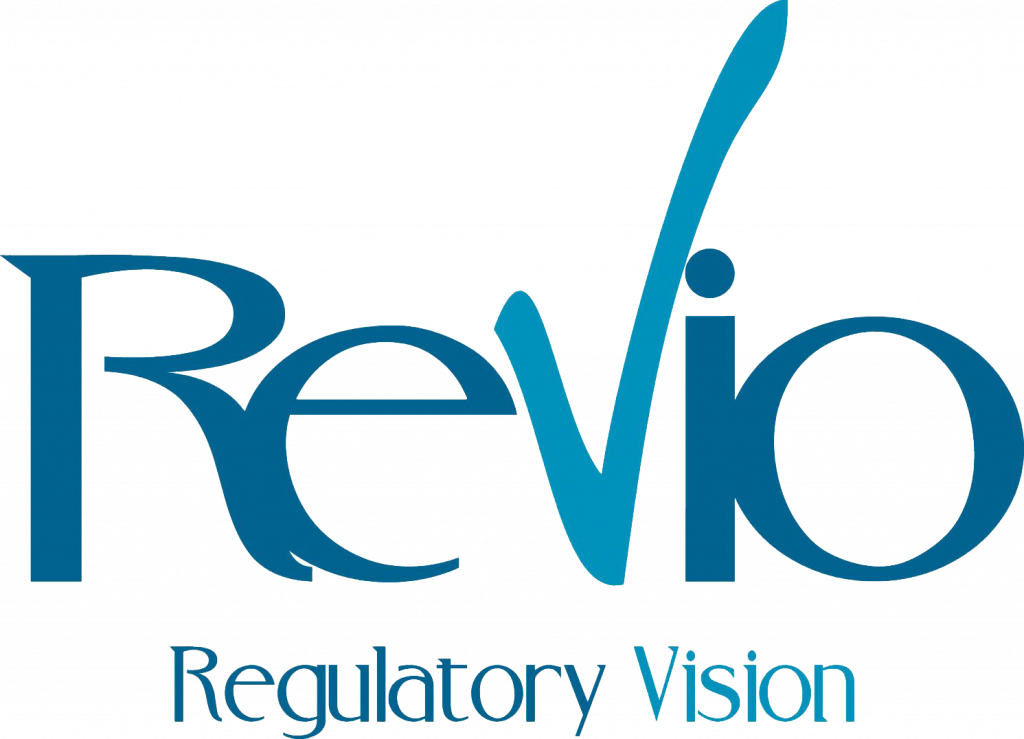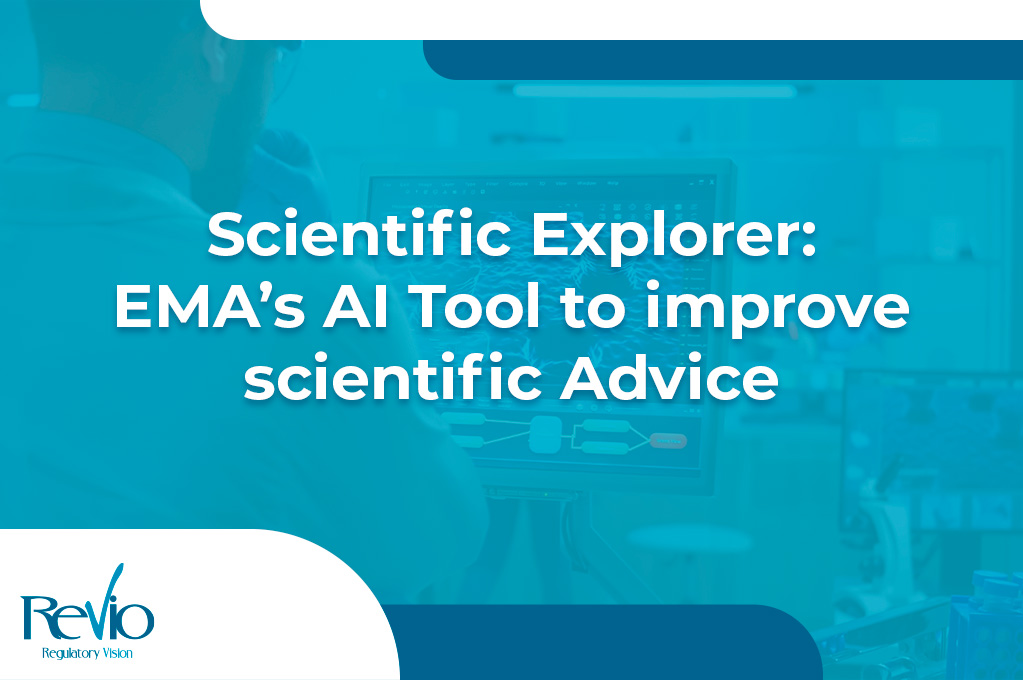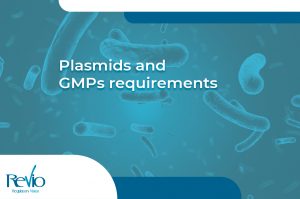On March, the European Medicines Agency (EMA) launched a new tool based in Artificial Intelligence (AI) for EU regulators. Scientific Explorer simplifies the daily work of the scientific staff involved in regulatory assessments by enabling easy, focused and precise searching of regulatory and scientific information, increasing the quality and consistency of scientific outputs.
The first release of the Scientific Explorer is dedicated to scientific advice procedures for medicinal products for human use and is now available for its use by staff of the European Medicines Regulatory Network involved in scientific advice procedures.
Who can access and use Scientific Explorer?
Users of the tool are from EMA scientific committee members, EMA staff or staff from national competent authorities (NCAs) who can access the IRIS platform that handles scientific advice data. Its use is also offered to EMA scientific committee members (CHMP, COMP, CAT, PDCO and PRAC) and their NCAs assessors who contribute to scientific advice procedures.
How does Scientific Explorer work?
The tool enables searching in document text, in key targeted information harvested in a standardized and validated way from these documents using AI techniques, as well as in procedure-related information from IRIS. Users can easily work with the search results and visualize all source documents. Importantly, AI is not used to generate new information or text that will be considered in the procedure.
With AI, the Scientific Explorer uses a set of controlled, standardised and validated questions (called Prompts), to extract regulatory and scientific information from each advice letter. These categorized pieces of information are then made available to the search engine to reduced the time required by the staff to find the information they seek.
How reliable is the AI tool?
To trust the AI techniques used for information retrieval, EMA validated the AI-extracted information on a set of documents, by extracting the same information manually from the same documents. Each AI extraction was scored and two measured, precision and recall, were combined to a single metric, the F1 score, a standard approach in the evaluation of AI techniques.
Where necessary, the wording of the AI (the prompt), has been adjusted to improve the F1 score. As a result, AI extractions in Scientific Explorer had F1 scores from 0.89 to 0.94, indicating a high degree of precision and reliability.
Available training webinar on the use of Scientific Explorer
EMA has made available an upcoming training webinar on how to use this tool for the members of the EMA scientific committees and NCAs assessors who work with scientific advice procedures. It is exclusively for them due to the commercially confidential information contained in the Scientific Explorer tool.
This training is composed of two different webinars:
- Wednesday, 03 April 2024, 11:30 – 13:00 (CEST). In this first webinar, participants will learn how to use the basic search in Scientific Explorer and how to work with search results.
- Friday, 12 April 2024, 12:30 – 14:00 (CEST). This second webinar will focus on advanced search, the implementation of AI and will explain what data are available within the tool.
You can check the registration details for this training event here. https://www.ema.europa.eu/en/events/training-webinar-use-scientific-explorer-scientific-advice-regulatory-procedures
If you want more information on the Scientific Explorer tool, EMA has published a Frequently Asked Questions document, you can check it here. https://www.ema.europa.eu/en/documents/other/scientific-explorer-frequently-asked-questions_en.pdf
We have launched a dedicated webpage to bring to you the latest updates, guidance and developments. You can also follow us on LinkedIn.
We hope you found this useful and of interest. If you would like to discuss any of these updates with the team at REVIO, do not hesitate to get in touch with us here.




